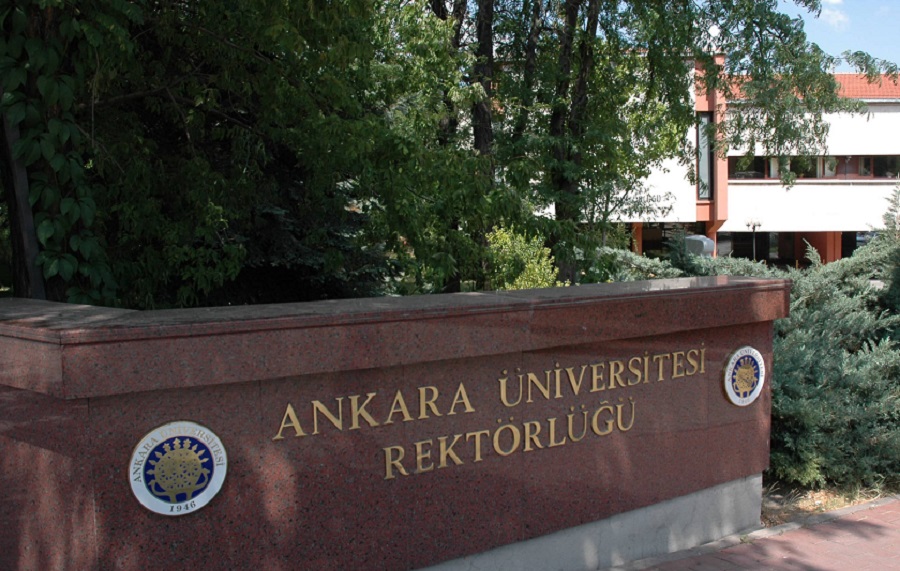Ankara University, where more than 100 academics were fired by government decrees in the aftermath of an abortive putsch on July 15, 2016, has been using profiling documents received from Turkey’s National Intelligence Organization (MİT) to justify the academic purges in court, the Gazete Duvar news website reported on Friday.
Following the failed coup, President Recep Tayyip Erdoğan’s Justice and Development Party (AKP) government carried out a massive purge of state institutions under the pretext of an anti-coup fight, summarily removing over 130,000 public servants, including more than 7,000 academics, from their jobs for alleged membership in or relationships with “terrorist organizations” by emergency decree-laws subject to neither judicial nor parliamentary scrutiny.
More than 100 academics were purged from Ankara University, the majority of whom were “Peace Academics,” 1,128 academics who signed a declaration in early 2016 calling on the government to halt operations by security forces in southeastern Turkey, restore peace to the country and return to the negotiating table to restart shelved talks to find a peaceful solution to the Kurdish issue.
The Kurdish issue, a term prevalent in Turkey’s public discourse, refers to the demand for equal rights by the country’s Kurdish population and their struggle for recognition.
The “Peace Academics” attracted widespread criticism from the government at the time, with many of the signatories being fired, sentenced to prison or subjected to overseas travel bans.
The purged academics at Ankara University waited long years for the State of Emergency Procedures Investigation Commission (OHAL Commission), which was established in January 2017 for appeals against measures taken by the Turkish government during a two-year state of emergency declared in the aftermath of the 2016 coup attempt, to reinstate them, Duvar said, adding that the commission refused to do it.
According to Duvar, the academics then filed a lawsuit against their dismissal at administrative courts, and Ankara University, as part of its defense, sent those courts the profiling documents it received from MİT in 2016, which included personal information on 59 of the university’s academics and other staff members, to justify the purges.
After Erkan İbiş and Abdülkadir Gürer, Ankara University’s rector and vice rector at the time, respectively, wrote to MİT in 2016 requesting information about the academic and other staff, the intelligence organization sent them profiling files marked “classified” on 59 individuals, which included personal information regarding their union activities, panel discussions and other events they attended and their spouses or children’s membership in unions and political parties, Duvar said.
The documents also included some warnings, according to Duvar, one of them saying, “This information, which is of an intelligence nature, cannot be used as legal evidence.”
The academics decided to launch a lawsuit against the university administration for using the profiling documents including “expressions trying to accuse them” of criminal actions as legal evidence, accusing the administration of violation of personal data protection laws.
